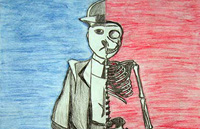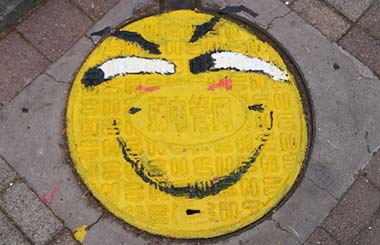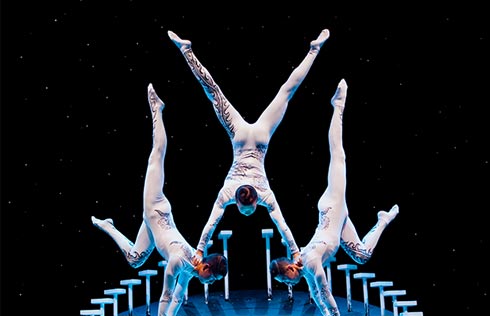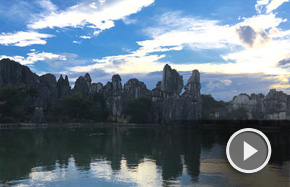Cultural films fail to take off amid box office slump
 |
|
A scene in Lao Qiang, or Yellow River Aria. [Photo/xinhuanet.com] |
Movies offering well-written scripts, high production values and a dosage of traditional cultural values seem well placed to fill the void of dissatisfaction among Chinese moviegoers and potentially immune to future changes in domestic film policy. But despite the seemingly promising prospects for home-grown cultural films in China, the situation remains somewhat bleak.
One director who knows all too well how difficult it is to succeed in China with folk films is Gao Feng. His latest film, Lao Qiang, failed to poach disaffected movie audiences when it debuted on Dec 2.
The film is named after an ancient form of opera that originated in Xi'an and tells the life story of the protagonist Wang Zhenzhong, an 80-year-old inheritor of laoqiang.
"I was amazed by laoqiang performance when I first saw it. I love Chinese culture, so I decided to make it on the big screen for fear that the public will forget the cultural heritage," said Gao.
Films inspired by ancient operas might not seem like the best bet for commercial success amid a movie landscape dominated by Hollywood blockbusters, but Gao is under no illusions.
"No matter what type the film is, as long as it runs on commercial platforms, it is a commercial film," said Gao. "I use the inheritance of the art form to express human love."
According to Gao, cultural film makers have been working hard to integrate their works with public taste to convey their messages and aesthetic values – which is something that he intends to do with Lao Qiang.
In the film, Gao draws parallels between the old and the new to appeal to a wider audience, such as laoqiang's unofficial title as China's oldest form of rock music. (Frontmen – or women - belting out songs at the top of their lungs and wild percussion improvisations are no strangers to laoqiang.)
















